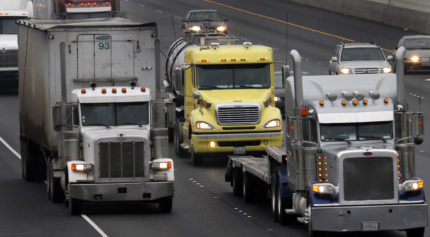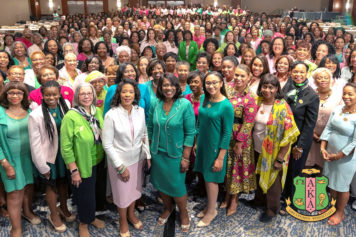As many states crack down on so-called “payday” loans, a new report reveals that major banks like JP Morgan Chase, Bank of America and Wells Fargo are behind-the-scenes partners in the practice of giving short-term loans to consumers with interest rates as high as 500 percent.
The lenders who issue the payday loans are trying to avoid the bans currently in effect in 15 states by setting up shop in more hospitable states or beyond the U.S. borders, in countries like Belize and Malta, and in the West Indies, according to a story in The New York Times.
“While the banks, which include giants like JPMorgan Chase, Bank of America and Wells Fargo, do not make the loans, they are a critical link for the lenders, enabling the lenders to withdraw payments automatically from borrowers’ bank accounts, even in states where the loans are banned entirely,” Jessica Silver-Greenberg wrote in the Times. “In some cases, the banks allow lenders to tap checking accounts even after the customers have begged them to stop the withdrawals.”
“Without the assistance of the banks in processing and sending electronic funds, these lenders simply couldn’t operate,” Josh Zinner told the Times. Zimmer is co-director of the Neighborhood Economic Development Advocacy Project, which works with community groups in New York.
As the Times throws the covers off the major institutions involved in these controversial loans, a new study by the Pew Charitable Trusts reveals that 5.5 percent of American adults – 12 million people – receive $7.4 billion annually from payday lenders. Most of the borrowers are white women between the ages of 25 and 44, and there is an over-representation of renters, lower-income workers and African-Americans.
The study by the Safe Small-Dollar Loans Research Project at Pew found that 10 percent of renters have used a payday loan, compared with 4 percent of homeowners; 11 percent of people making between $15,000 and $25,000 have used a payday loan, with the proportion decreasing further up the income ladder; and 12 percent of African-Americans have taken out payday loans, more than twice the figure for whites (4 percent), and twice the figure for Hispanics and other races or ethnicities (both at 6 percent).
“Although payday loans are marketed as short-term emergency loans, in reality, most borrowers used them for recurring living expenses and become indebted for an average of five months,” Nick Bourke, the research project’s director, told USNews.com.
A phone survey that found 69 percent of borrowers say that they took out the loans to cover recurring expenses such as monthly bills and rent, while only one in six say they used the loans for unexpected expenses.
The typical term of a payday loan is two weeks, with borrowers paying a fee of about $15 to $20 per $100 borrowed. The study said the average loan size is $375, with an average fee of $55. Borrowers on average take out eight loans annually, spending $520 on interest, with each loan lasting approximately 18 days.
In the Times story, the major banks claim they are serving customers who have authorized the lenders to withdraw money from their accounts. “The industry is not in a position to monitor customer accounts to see where their payments are going,” said Virginia O’Neill, senior counsel with the American Bankers Association.
But as state and federal authorities try to stop banks from loans with exorbitant rates, New York financial officials have sent letters to the state’s debt collectors warning them against trying to collect on illegal payday loans.
Officials in New York say state law limits interest rates to 25 percent. Department of Financial Services Superintendent Benjamin Lawsky says his agency will aggressively enforce the law, including lending over the internet and by mail, and that loans with an interest rate above the statutory maximums are legally void and unenforceable.


